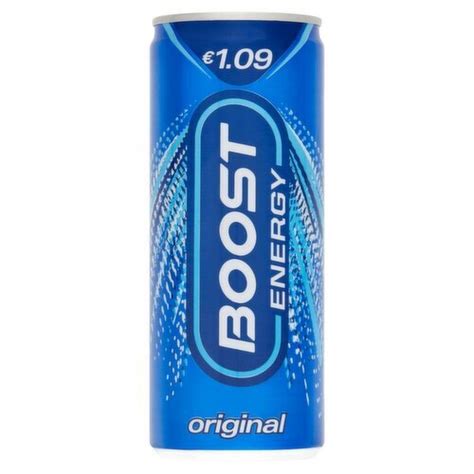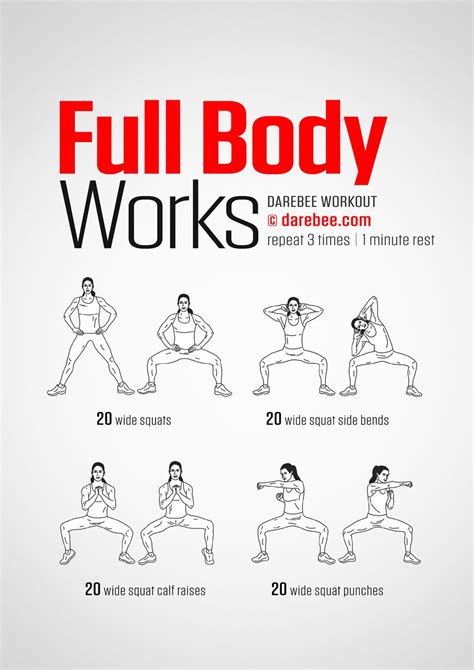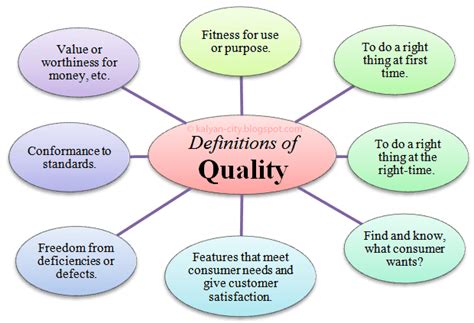How to boost workout recovery for faster gains & peak daily performance?

The Underrated Secret to Fitness Success: Master Your Recovery
Many people focus intensely on their training sessions, pushing harder and lifting heavier, but often overlook the equally critical phase: recovery. True progress in fitness isn’t just made in the gym; it’s forged during the hours and days between workouts. Effective recovery is the catalyst for muscle repair, growth, and energy restoration, directly impacting your ability to perform at your best, both physically and mentally, day in and day out.
Ignoring recovery can lead to plateaus, increased risk of injury, chronic fatigue, and even a weakened immune system. Conversely, prioritizing it can dramatically accelerate your gains, improve mental clarity, and elevate your overall quality of life. Let’s delve into the essential pillars of supercharging your recovery.

Fueling Your Body for Optimal Repair and Growth
What you put into your body post-workout is paramount. Your muscles are like sponges, primed to absorb nutrients for repair and growth. Neglecting proper post-workout nutrition is akin to trying to build a house without bricks.
Protein: The Building Block
Consuming adequate protein (20-40g) within a few hours of your workout is crucial for muscle protein synthesis (MPS). Aim for high-quality sources like lean meats, poultry, fish, eggs, dairy, or plant-based proteins. Spreading your protein intake throughout the day is also vital for consistent muscle repair.
Carbohydrates: Replenishing Energy Stores
After intense exercise, your glycogen stores (stored carbs) are depleted. Replenishing them is essential for energy restoration and preparing for your next session. Opt for complex carbohydrates like whole grains, fruits, and vegetables to ensure sustained energy and nutrient delivery.
Hydration: More Than Just Thirst Quenching
Water plays a critical role in nutrient transport, temperature regulation, and joint lubrication. Dehydration can severely impair performance and recovery. Aim to drink plenty of water throughout the day, especially before, during, and after workouts. Electrolytes can also be beneficial during prolonged or very intense sessions.

The Power of Sleep: Nature’s Ultimate Recovery Tool
Sleep is arguably the most powerful recovery tool at your disposal. During deep sleep, your body releases growth hormone, which is vital for muscle repair and growth. It’s also when your central nervous system recovers, reducing fatigue and improving cognitive function.
Aim for 7-9 hours of high-quality sleep per night. Establish a consistent sleep schedule, create a dark, cool, and quiet sleep environment, and limit screen time before bed to optimize your sleep hygiene. Don’t underestimate the profound impact a good night’s rest has on both your physical recovery and mental sharpness.

Active Recovery and Mobility: Keeping Your Body Moving
While rest days are important, complete inactivity isn’t always the best approach. Active recovery involves low-intensity activities that promote blood flow, help remove metabolic waste products, and improve flexibility without putting undue stress on your muscles. Examples include light walking, cycling, swimming, or yoga.
Incorporating stretching and foam rolling can also significantly enhance recovery by improving range of motion, reducing muscle soreness, and breaking up adhesions in muscle tissue. Dedicate 10-15 minutes post-workout or on rest days to these practices.

Beyond the Physical: Stress Management and Mindset
Recovery isn’t solely physical; mental and emotional stress can significantly impede your body’s ability to repair itself. High stress levels elevate cortisol, a hormone that can break down muscle tissue and hinder growth. Practicing mindfulness, meditation, deep breathing exercises, or engaging in hobbies can help manage stress and promote a more relaxed state, aiding overall recovery.
A positive mindset also plays a crucial role. Believing in your ability to recover and grow, and celebrating small victories, can enhance your body’s physiological responses to training and recovery.

Strategic Supplementation (When Appropriate)
While a whole-food diet, proper sleep, and active recovery form the bedrock of excellent recovery, certain supplements can offer an additional edge. Creatine, branched-chain amino acids (BCAAs), essential amino acids (EAAs), and omega-3 fatty acids are popular choices that can support muscle repair, reduce soreness, and decrease inflammation. Always consult with a healthcare professional before adding new supplements to your regimen.
Embrace Recovery, Unlock Your Full Potential
Thinking of recovery not as downtime, but as an integral and productive part of your training regimen, is key to unlocking faster gains and sustaining peak daily performance. By consistently applying these principles — intelligent nutrition, restorative sleep, active recovery, and stress management — you’ll not only build a stronger, more resilient physique but also cultivate a sharper mind and a higher quality of life. Make recovery a priority, and watch your fitness journey transform.







